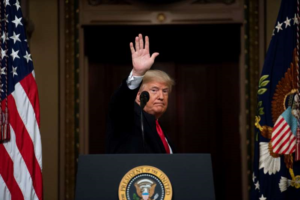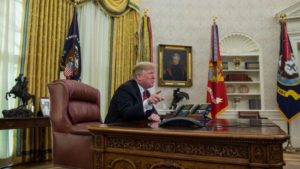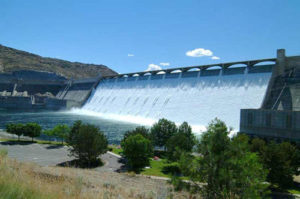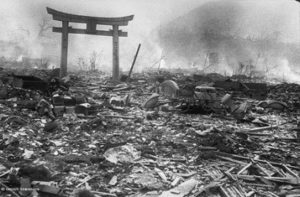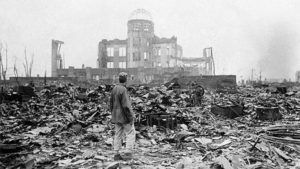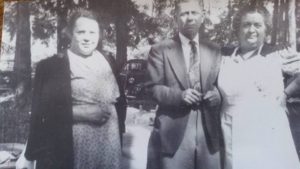First, I will make an admission.
I rarely listened to a presidential radio speech as it was being broadcast. I do so maybe twice dating back to the Reagan administration (1981-89).
Presidents dating back to Franklin Roosevelt — who revived the tradition when he took office in 1933 — would record these messages to be broadcast across the country.
President George H.W. Bush didn’t follow up on President Reagan’s consistent delivery of the message. Then came Presidents Clinton, George W. Bush and Obama, all of whom were faithful to the habit of talking to Americans directly over the radio airwaves about policy matters.
Donald Trump, though, has tossed the practice aside. Are you surprised? Neither am I.
He relies on Twitter to announce policy decisions, usually with mangled syntax, misspelled words, lots of capitalization and extraneous punctuation.
I find it mildly distressing that Trump would discontinue the weekly radio speechmaking. After all, they have been known to make a bit of news. Media report on what the president says and on occasion they might say something newsworthy enough to make us sit up and pay careful attention.
Trump sees, I’ll presume, as a waste of time. Probably like those daily presidential national security briefings he once told us he didn’t need to hear. He asked, rhetorically, “What’s the point?” He had no need to listen to someone on his national security team tell him something he said he already knew, Trump said.
I mean, he did tell us he knew “more about ISIS than the generals.” Isn’t that what he said?
Being something of a presidential traditionalist, I would prefer a return to the weekly radio speeches, rather than the Twitter tirades that are replete with misspellings, assorted nonsensical rants and, oh yeah, a total absence of credibility.
